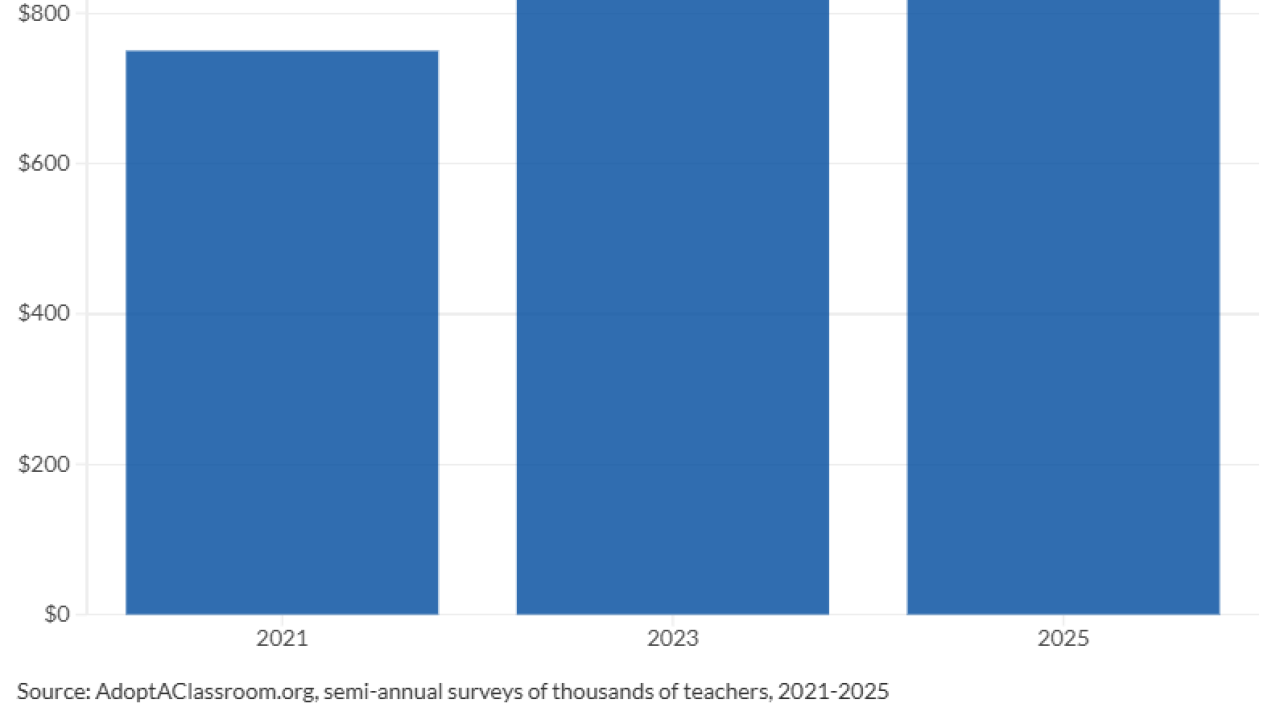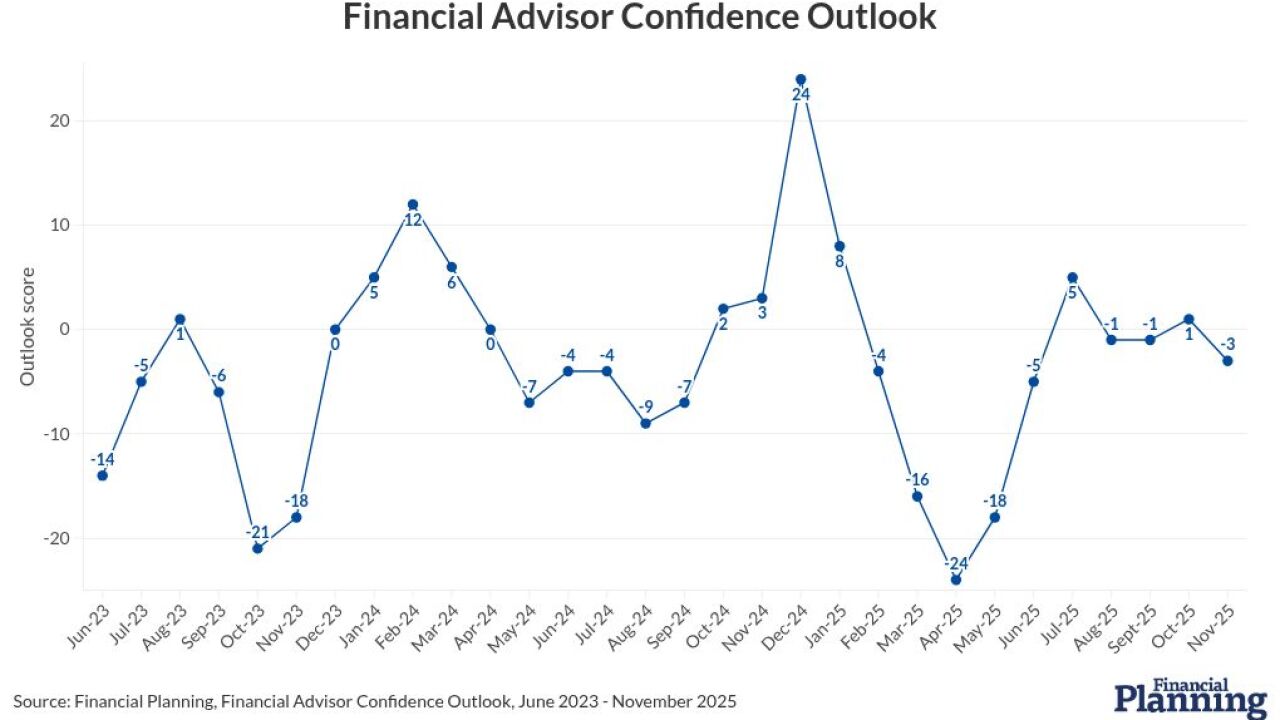Our daily roundup of retirement news your clients may be thinking about.
Is Social Security too generous?
Retirees receive $1,341 on average in monthly Social Security benefit, just enough for them to keep them above the poverty line, according to Reuters. Policymakers and other experts disagree on whether the benefit is adequate to cover retirement needs, debating how much of the pre-retirement income should be replaced by Social Security. “I’m absolutely convinced that Social Security is not an excessively generous program. It would be impossible to summon a panel of working people who felt like they were getting just what they needed from it,” said Alicia Munnell of the Boston College Center for Retirement Research. --Money
Student debt and retirement saving don't add up
Many Americans are unlikely to secure a comfortable retirement as their student loan debt bars them from saving enough, according to CBS Moneywatch. The National Retirement Risk Index --which gauges the percentage of working-age households with bleak retirement prospects-- would increase if college graduates have $31,000 in student loans, according to the Center for Retirement Research at Boston College. "The crisis is that a lot of households will not be able to maintain their standard of living and that a lot of households will fall out of the middle class in retirement," said the center's Anthony Webb. --CBS Moneywatch
John Bogle on why great performance can be a danger sign
Stocks' great performance in the past is not a guarantee that they will continue to do so in the future, says Vanguard founder John Bogle. Investors should even consider this a warning sign, Bogle adds. "People hawking a particular fund have no idea how long it will continue to do well. They'll say, 'Our fund went up 500% in the last 10 years, and the index fund only went up 320%, so indexes are overrated.' That's usually the end for that fund." --MarketWatch
Upfront costs of opening a reverse mortgage
Retirees who opt for a reverse mortgage should expect to face upfront costs, writes Wade Pfau, professor at The American College and principal with Mclean Asset Management. One of these costs is the origination fee, which is a small percentage of the home value, Pfau writes. Other upfront costs that retirees can expect when taking a reverse mortgage are the initial mortgage insurance premium and closing costs. --Forbes
What to do if you get misinformation from Social Security
Although the Social Security Administration has issued an official guidance on the recent changes to Social Security rules, seniors who still qualify to use file-and-suspend and restricted application claiming strategies may be told they are not allowed by SSA agents, according to Kiplinger. Those who think they still can use these strategies are advised to study the new rules and prepare the necessary documents. They should also speak to a supervisor, insist that they use the strategy and continue trying until the agency issues a formal decision. --Kiplinger
Read more:





